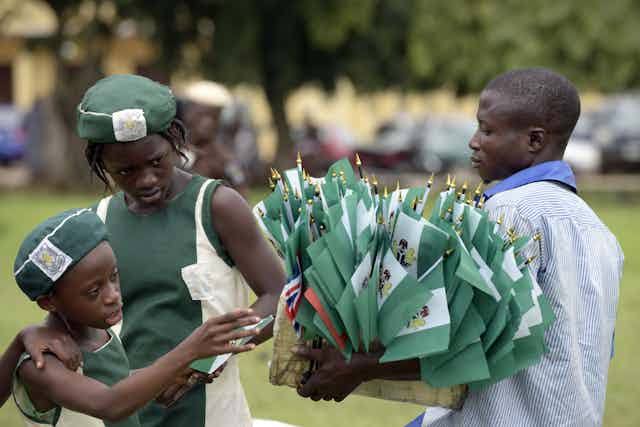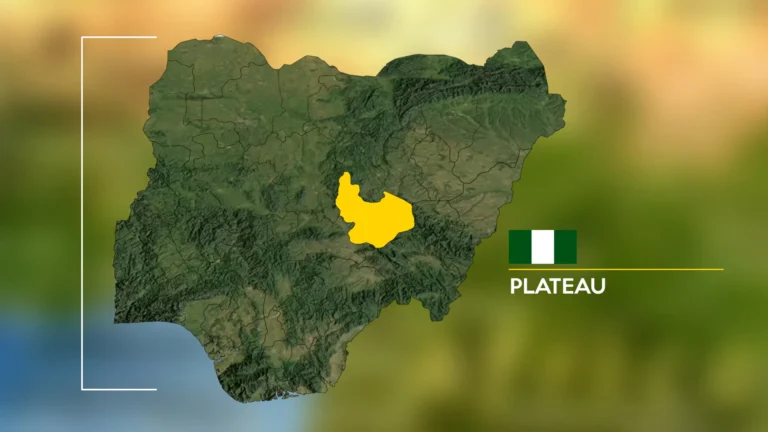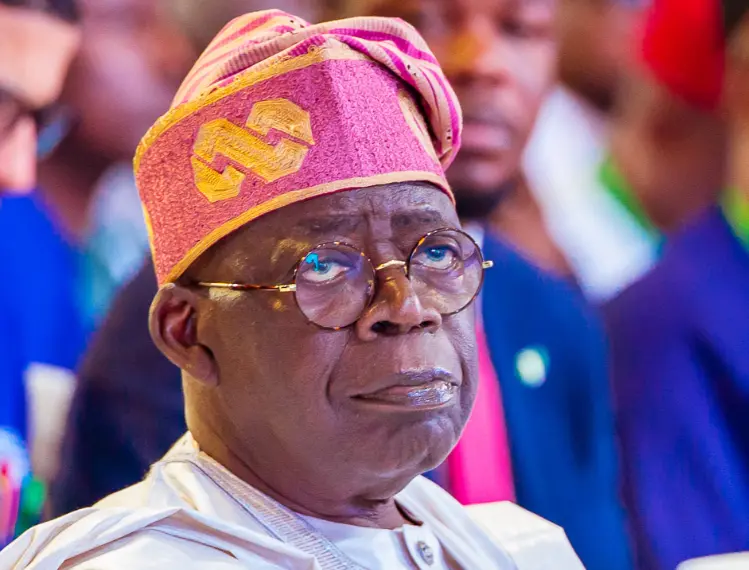
By Dumbi Johny
We are too poor to know what poverty means. We are poorer than most accepted statistical tools capture. How does one represent poverty of the mind, the greatest obstacle to the growth?
Poverty of the mind is responsible for irresponsible leadership, primitive accumulation of capital, greed and the pervasive corruption that drags Nigeria through the throes of disintegration. Statistics cannot detail the impact of the effects of poor leadership on Nigerians.
The figures from the National Bureau of Statistics, NBS, former Federal Office of Statistics, in “Nigeria Poverty Profile Report 2010,’’ depicted poverty in a detached manner that adds to the misunderstanding of a scourge that is ravaging millions of Nigerians.
According to the report, the national poverty rate is 69 per cent (110m, almost the population of ECOWAS without Nigeria) with recording the highest rates. Some geo-political zones or States the North-West (77.7 per cent) and North East (76.3 per cent) may celebrate their lower poverty rates, but they forget that poverty binds the country.
David Gordon in, “Indicators of Poverty & Hunger”, a paper he prepared for the United Nations, defines absolute poverty, which is where Nigeria is dangerously tilting, as the absence of any two of the following eight basic needs –
Food: Body Mass Index must be above 16.
Safe drinking water: Water must not come from solely rivers and ponds, and must be available (less than 15 minutes’ walk each way).
Sanitation facilities: Toilets or latrines must be accessible in or near the home.
Health: Treatment must be received for serious illnesses and pregnancy.
Shelter: Homes must have fewer than four people living in each room. Floors must not be made of dirt, mud, or clay.
Education: Everyone must attend school or otherwise learn to read.
Information: Everyone must have access to newspapers, radios, televisions, computers, or telephones at home.
Access to services: This item is undefined by Gordon, but normally is used to indicate the complete panoply of education, health, legal, social, and financial services.
By Gordon’s measures, a person who lives in a home with a mud floor is severely deprived of shelter. A person who never attended school and cannot read is severely deprived of education. A person who has no newspaper, radio, television, or telephone is severely deprived of information. People who meet any two of these conditions — for example, they live in homes with mud floors and cannot read — are considered to be living in absolute (abject) poverty.
How many Nigerians do not fit the above abject poverty standards? The stark reality is that Nigerians are poor: poor leadership is a worst form of poverty curse.







